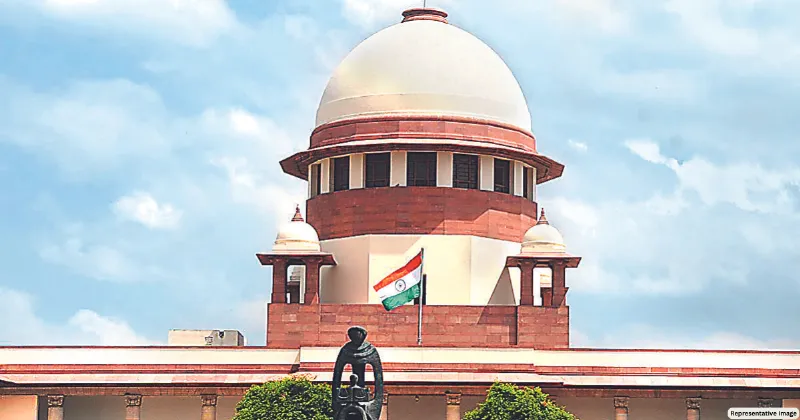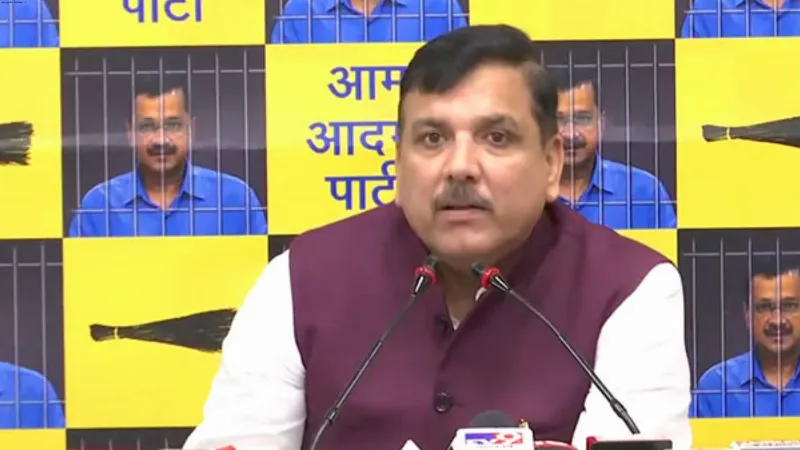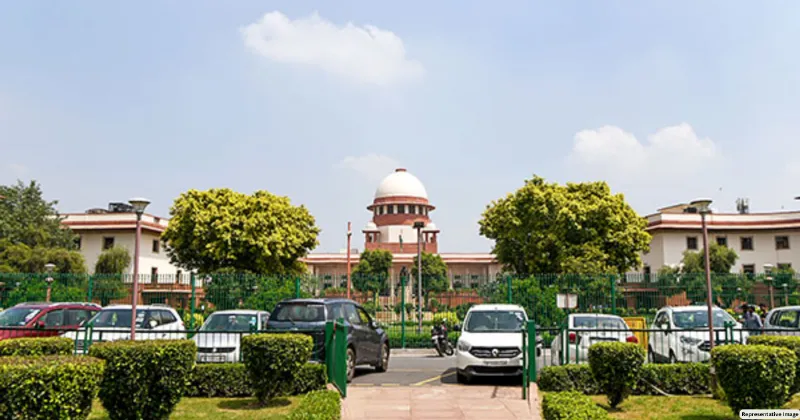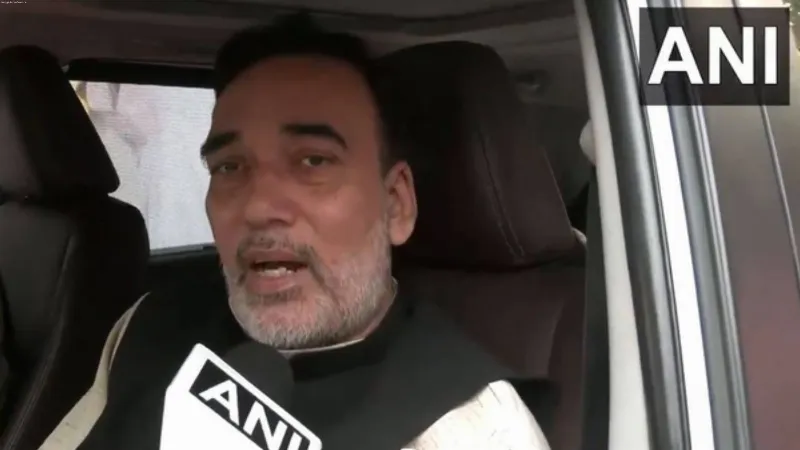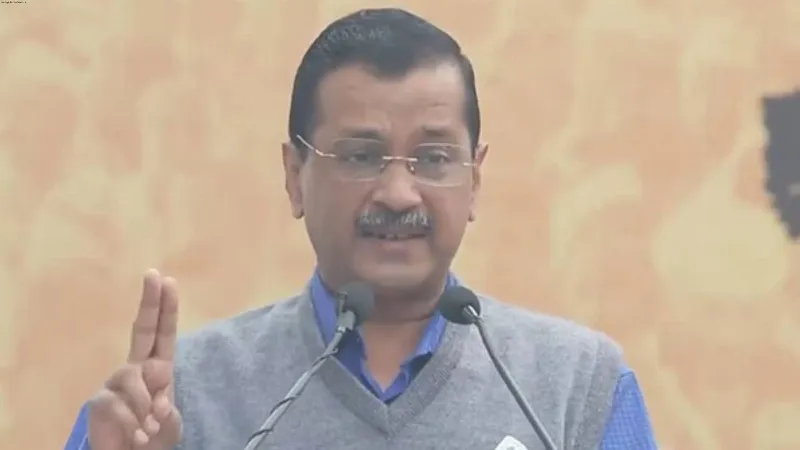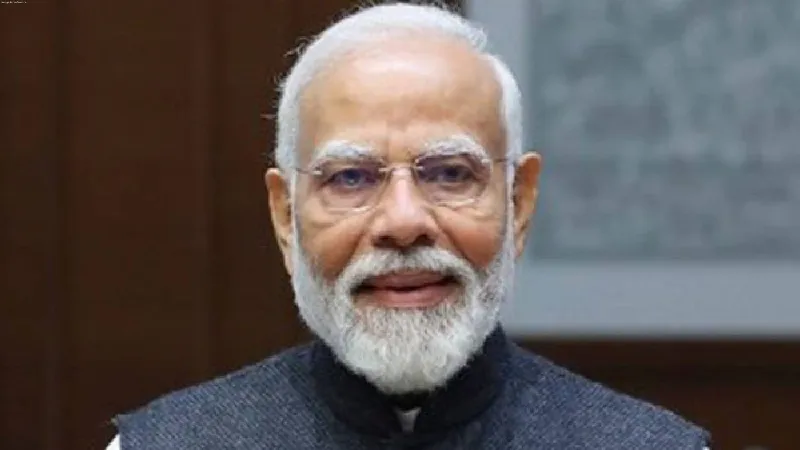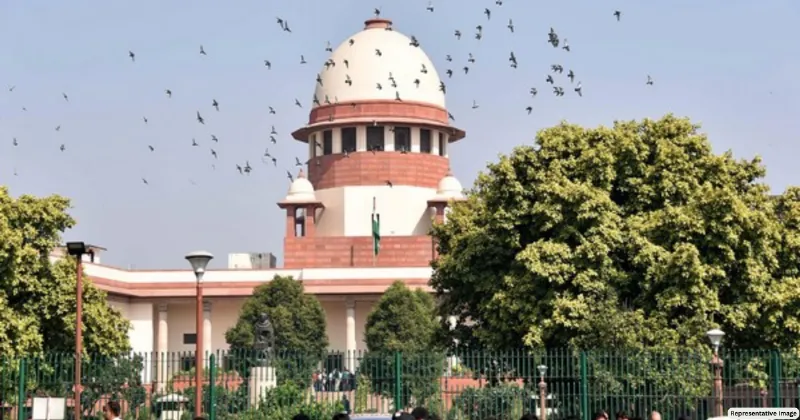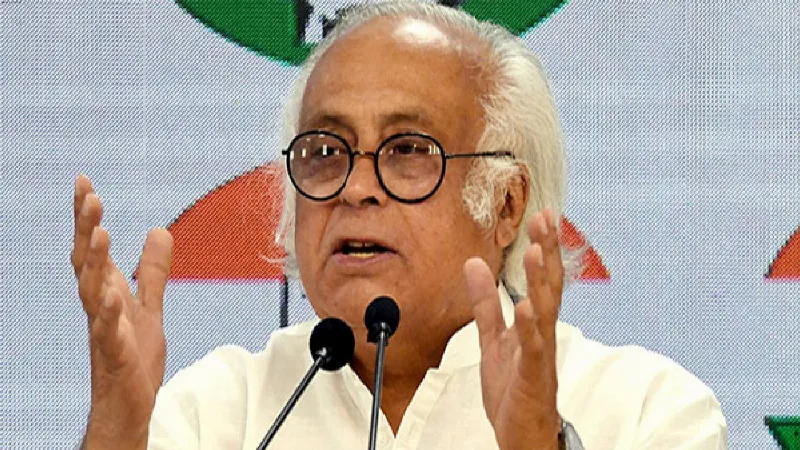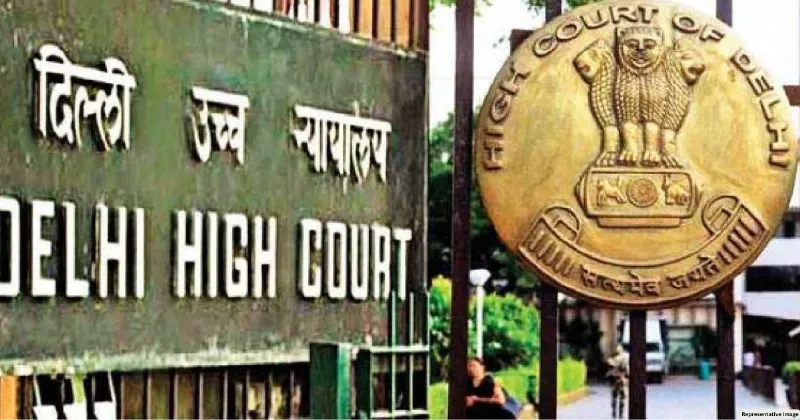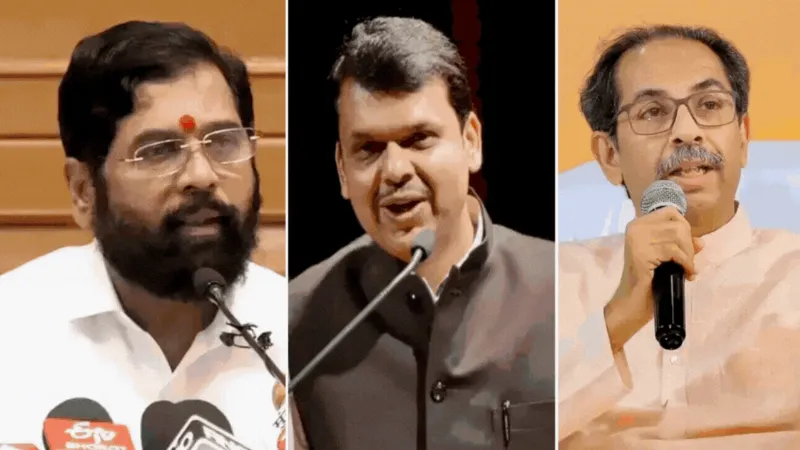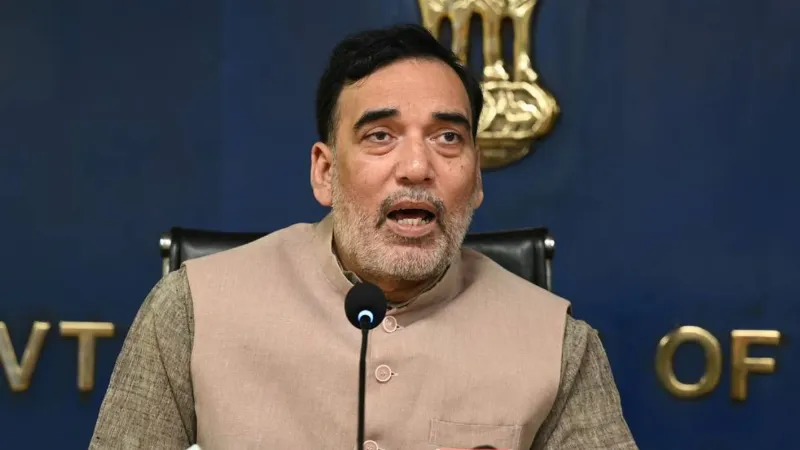Delhi HC dismisses pleas challenging notification levying GST on online booking of auto rickshaw rides
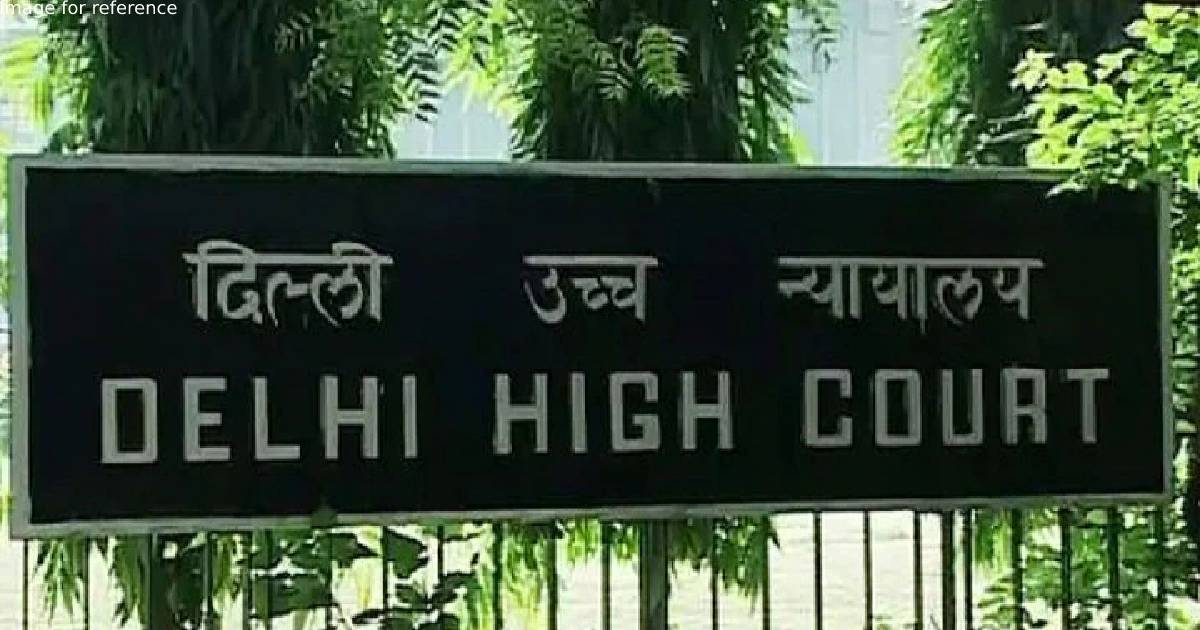
New Delhi: The Delhi High Court has dismissed three petitions challenging the notifications of the central government's imposed Goods and Services Tax (GST) on online booking of autorickshaw rides through ride-sharing applications by commuters.
The Division Bench of Justice Manmohan and Justice Manmeet Pritam Singh Arora in an order passed on Wednesday said we are of the view that the Petitioners are not entitled to the reliefs as sought in the writ petitions. Therefore, the present batch of writ petitions is dismissed The three petitions were filed by Uber India Systems Private Limited, Pragatisheel Auto Rickshaw Driver Union and IBIBO Group Private Limited along with Make My Trip (India) Private Limited (collectively).
Uber India Systems Private Limited in its submissions stated that the market is always price sensitive. Customers may not opt for booking auto rickshaws through it if the ultimate cost of services is on the higher side.
Apart from the financial implications it may have on Petitioner Uber, the financial autonomy of the drivers will be completely jeopardized. There is a strong likelihood that due to the impact of impugned Notifications, the general public would become reluctant to avail of auto-rickshaw services rendered by ECO like Petitioner (Uber).
This will lead to a loss of livelihood for the auto-rickshaw drivers rendering their services through ECO maintained by the Petitioner. The entire segment may become unviable for the ECO leading to cessation affecting the livelihoods of the 2,40,000 registered driver partners of Petitioner. It will also deprive them of the benefits provided by the ECO, stated the petitioner Uber.
Centre while opposed to the petitions stated that the ECOs are liable to pay tax on the supplies made through them by other suppliers under a notification issued under Section 9(5) of the Act of 2017. Therefore, in cases where someone is supplying their own goods or services or both through their own website, the provisions of Sections 9(5) and 52 would not be applicable.
It was also argued by the respondents side that Taxing transportation services supplied through ECOs does not violate Article 14 of the Constitution as equality has to be maintained amongst equals. The entire concept of protective discrimination is based on this. There is no equality between transporters supplying services through ECOs and those supplying their services without the involvement of ECOs.
The various players supplying services through ECOs ('vendors') benefit not only from the IT infrastructure and other resources of ECOs but also from their organization as well as logistics capacity and other wherewithal. (ANI)



